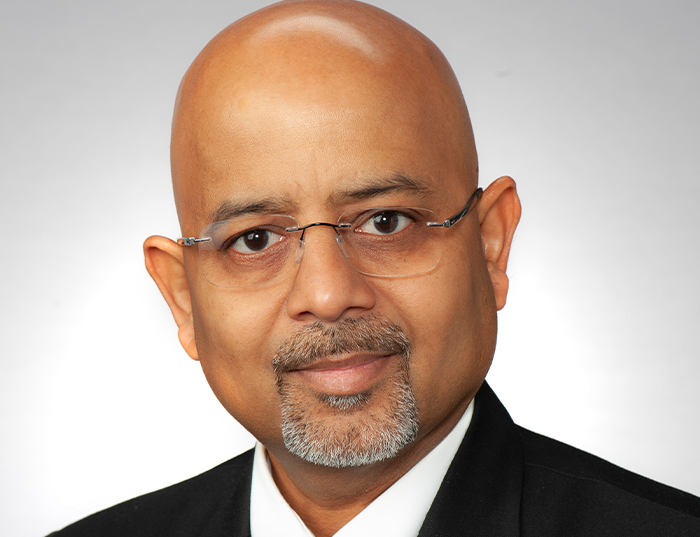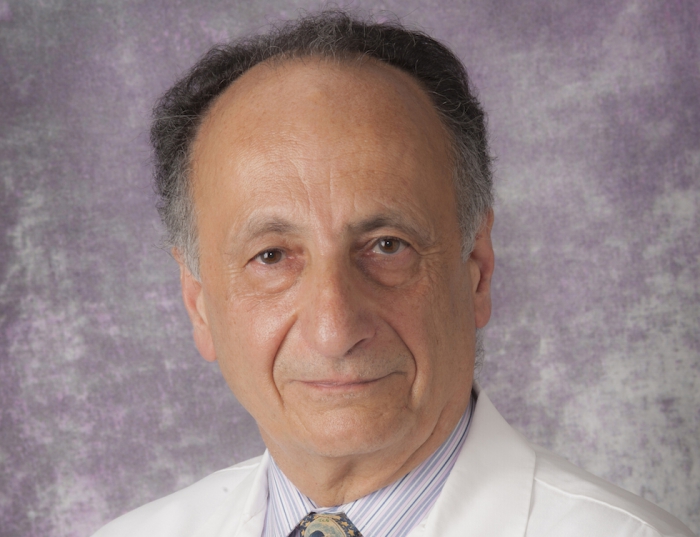 On May 15, 2024, UPMC Shadyside inaugurated its Opioid-Free Surgical Pain Management Program. This innovative initiative was developed by Shiv K. Goel, MD, Chief Anesthesiologist at UPMC Shadyside, and Jacques E. Chelly, MD, PhD, MBA, Director of Acute Pain Clinical Research, Director of our Center for Complementary and Alternative Medicine, and Co-Director of our Center for Innovation in Pain Care (CIPC). Funded by our department, the CIPC, and the Shadyside Hospital Foundation, the program was developed through a multidisciplinary collaboration involving surgeons, nurses, pharmacists, and hospital administration. Key partners include Sandy Rader and Kathleen Zell, President and Vice President of Operations, respectively, for UPMC Shadyside; surgeons Drs. Matthew Holtzman and Ben Davies; Brian Tuttle, Director of UPMC Pharmacy Operations; and Robert K. Lorah, MSN, CRNA, Clinical CRNA Director at UPMC Shadyside. The program is being clinically implemented by our UPMC Shadyside Acute Pain Service under the leadership of Jeremy Kearns, MD, with assistance from Heather Margonari, NP, lead coordinator for the pathway.
On May 15, 2024, UPMC Shadyside inaugurated its Opioid-Free Surgical Pain Management Program. This innovative initiative was developed by Shiv K. Goel, MD, Chief Anesthesiologist at UPMC Shadyside, and Jacques E. Chelly, MD, PhD, MBA, Director of Acute Pain Clinical Research, Director of our Center for Complementary and Alternative Medicine, and Co-Director of our Center for Innovation in Pain Care (CIPC). Funded by our department, the CIPC, and the Shadyside Hospital Foundation, the program was developed through a multidisciplinary collaboration involving surgeons, nurses, pharmacists, and hospital administration. Key partners include Sandy Rader and Kathleen Zell, President and Vice President of Operations, respectively, for UPMC Shadyside; surgeons Drs. Matthew Holtzman and Ben Davies; Brian Tuttle, Director of UPMC Pharmacy Operations; and Robert K. Lorah, MSN, CRNA, Clinical CRNA Director at UPMC Shadyside. The program is being clinically implemented by our UPMC Shadyside Acute Pain Service under the leadership of Jeremy Kearns, MD, with assistance from Heather Margonari, NP, lead coordinator for the pathway.

"In developing the patient-requested Opioid-Free Surgical Pain Management Program, our primary goal was to empower patients to have a say in their post-surgical pain management and to provide them with effective pain relief options that minimize the risks associated with opioid use," said Dr. Goel. "We wanted to create a comprehensive approach that addresses pain from multiple angles, ensuring better overall outcomes for our patients."
The program, the first of its kind in Western Pennsylvania and among all UPMC hospitals, offers an alternative for surgical patients seeking to manage pain without opioids. It addresses the numerous risks associated with perioperative opioid use, such as respiratory depression, gastrointestinal dysfunction, postoperative nausea, pruritus, urinary retention, delirium, and the potential for opioid use disorder (OUD). Given the opioid crisis in the United States, with many individuals becoming addicted during routine surgical admissions, this program is a critical step toward preventing OUD and improving patient outcomes.

"The methods we use in the Opioid-Free Surgical Pain Management Program are backed by extensive research and clinical evidence," explained Dr. Chelly. "Non-opioid analgesics and complementary therapies have been shown to effectively manage pain while reducing the risk of developing opioid use disorder."
The UPMC Opioid-Free Surgical Pain Management Program begins before surgery, focusing on factors that may exacerbate pain and hinder recovery, such as anxiety, depression, sleep disturbances, and surgery-related stress. Patients also receive an appropriate nerve block before going into surgery. During surgery, the anesthesia care team may employ regional or spinal anesthesia, intravenous non-opioid pain medications like acetaminophen, anti-inflammatory drugs, and a combination of different non-narcotic medication infusions like ketamine and dexmedetomidine. Postoperatively, pain management continues with non-opioid medications, including non-steroidal anti-inflammatory drugs and acetaminophen, as well as infusion of medicines like lidocaine and ketamine to reduce inflammation and pain. Additionally, patients have access to various non-pharmacological pain management techniques, including aromatherapy, auriculotherapy, acupuncture, hypnosis, mindful breathing, and music therapy.
"The feedback from patients so far has been overwhelmingly positive," noted Dr. Goel. "Many have expressed relief at being able to manage their pain without the side effects and risks associated with opioids. It's incredibly rewarding to see patients recover more quickly and comfortably."
"Incorporating techniques like aromatherapy, acupuncture, and mindful breathing allows us to offer a holistic approach to pain management," added Dr. Chelly. "These therapies not only help manage pain but also enhance the overall well-being of our patients."
This pioneering program is currently exclusive to UPMC Shadyside, setting a new standard for pain management in surgical care. "We're proud to be pioneers in this field, and we hope that our success at UPMC Shadyside will inspire other hospitals to adopt similar programs," said Dr. Goel. "The potential benefits for patient health and safety are immense."
The UPMC Opioid-Free Surgical Pain Management Program was recently featured on the news. Watch “Patients at Pittsburgh hospital can enter opioid-free pain management program” on the KDKA-TV CBS Pittsburgh website.
